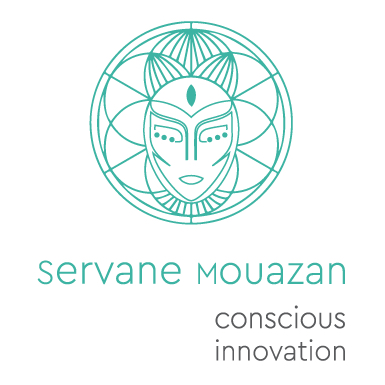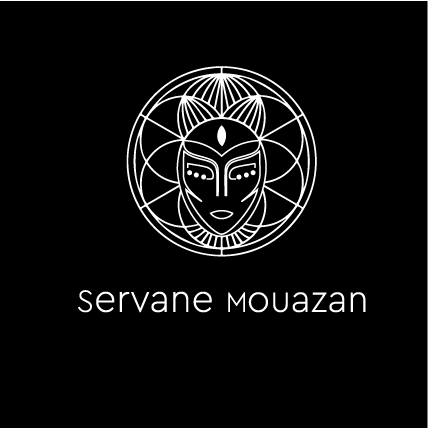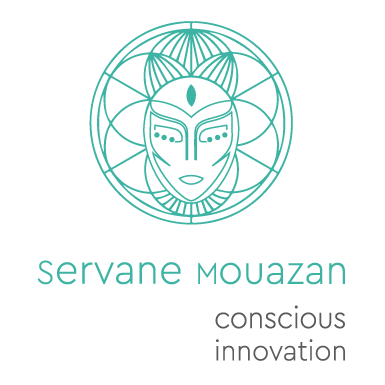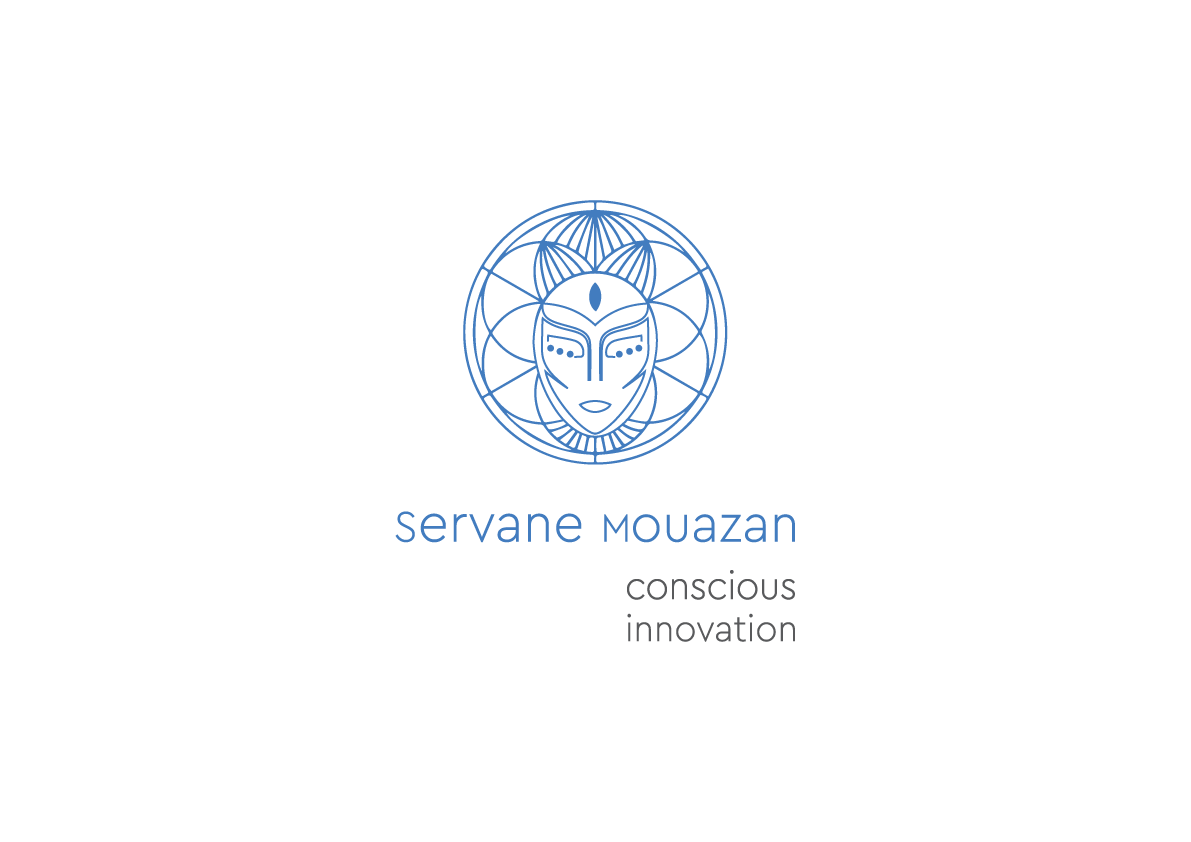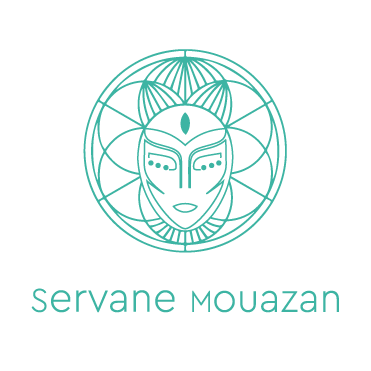“I don’t want to choose, it’s too painful”
What makes people so sad when they find themselves at an intersection and need to decide between what to carry forward and practice and what to let go of, among all the things they love?
I know this crossroads well. Once, I left a country for love, and in doing so, I also left my Capoeira family. The separation was raw, full of melancholy. Despite my firm decision to move on and follow my heart, a part of me died, and for years I carried that unburied fragment like a stone I could not digest.
When we find ourselves at an intersection and we’re called to decide what to carry forward and what to let go of among the things we love, the sadness that rises then is not simply grief, but the feeling of life rearranging itself.
It is the ache of fidelity, the tremor that comes when devotion outgrows its form. As a Capoeira master said, there is a beginning, a middle… and a beginning.
Endings are only thresholds where one rhythm composts into another.
What hurts is not the loss itself, but the shedding of the illusion that love or dedication can stay still. So, to let go well is to recognise that every practice, every attachment, is part of a longer choreography, one that keeps circling back to life, remade, reshaped, re-begun.
In that moment, love itself must be composted, not because it has soured, but because the soil asks for release.
And the sadness we feel isn’t just about loss; it’s about learning to breathe our identity differently. Although we feel we’re at an intersection, there is only one through: the trembling hinge between devotion and release.
With this “through” comes the discipline of staying present to endings without converting them into failures.
This is the muscle we must grow, individually and collectively, with courage:
“To grow up as a culture, we must learn emotional sobriety, feeling the grief of relinquishment without collapsing into certainty or numbness.”
~ V. (Andreotti) Machado de Oliveira, Outgrowing Modernity, 2025.
Why does this decision hurt so much?
The modern reflex equates love with possession and continuation. To let go of what we love feels like betrayal, when it may actually be fidelity to the life-cycle of the thing itself.
When I ended Ogunte, the social business I’d started in 2001, which supported women in social enterprises through learning, incubation, coaching and social finance, I was turning a page of 20 years of identity-defining practice (among other things). Or at least that is what I believed.
Who would I become without this company, this label, this mission? For a couple of years, I died a slow death again, a mix of bitterness, fedupness, fallingapart-ness, but also pride and need to keep up with the times… Go figure.
I know now that the sadness I felt was the body’s way of registering transformation; it was the echo of entanglement being re-woven. The pride was the fact that these years couldn’t be taken away. They were facts.
I know now that what saved me through each of these thresholds was to realise how all activities I had embraced – in community development, social entrepreneurship, facilitation, team coaching, etc – had been imprinted with the playfulness, the cheekiness, the connection and power of the game of capoeira and the desire to listen to and serve others, whispering “You Matter”.

When you’re at a crossroads and feel an indescribable sadness, pause and see the grief as a digestive process, where you transform your attachment into nourishment.
It sounds weird, but it is there for you.
So… if you feel…
The sorrow of fidelity… then honour what must end by not trying to preserve it beyond its time. For example, bowing out of a board or a leadership position, accepting that whoever comes after you will have their moment and new ways of carrying out the mission.
Decision as a chore… then turn it into a ceremony. Instead of “choosing,” discern the resilience of each piece of the decision and how it scaffolds the way ahead. Imagine you are tending a fire: which logs are ready to become ember, which must keep burning a while longer?
Your world is burning… then find hope in panarchy: every letting-go is also a continuation and a fertilisation elsewhere in the/your world/space/garden.
Embodiment and Practice
It is not easy… But practice is how the ache becomes muscle and the way sadness sweats itself into movement.
To live the re-beginning is not to think differently, but to touch and experience life differently, to let the ground and the air teach you about continuation.
Each stretch, breath, or step becomes a small act of composting: giving back what no longer fits, receiving what your soil offers in return. Think of it – as you’ve experienced this many times already: your body learns that letting go is not a rupture but a rhythm, that release has its own texture, like clay slipping through fingers, like sweat finding its way to earth.
Practice turns decision into devotion, grounding the intellect’s sorrow in the sensory honesty of skin, breath, weight, and touch. Here, love is not what we hold, but what moves through us.

I have crafted a few questions for your oneness (body and soul intermingled), inspired by my practices of Capoeira and the Thinking Environment:
-
What happens in your body when you picture this crossroads not as a test of will, but as an invitation to participate playfully in this ritual of composting? What if sorrow is the music or the drumbeat that keeps you honest?
-
When the time comes to choose, can you feel the ground’s pulse under your feet, and how it already knows the subtle difference between holding and hoarding?
-
How does your body tell you when something has ripened past its season? What considerations do you review for yourself in that moment?
-
If you knew you could treat discernment not as judgment, but as choreography, each hesitation, each release, part of a longer samba of reciprocity… what would change for you?
-
Where does the sweat go when you move through grief? What does it return to the soil?
-
What would help you stay long enough in the middle to sense the next beginning rising under your skin?
-
When you set something down, do you hear the earth catching it?
These moments of choosing always return in my life. New partnerships, new body changes, unexpected tensions in the family, or even choices to make because of good news…
Perhaps discernment is not a skill to master, but a rhythm to remember: the rhythm of being moved, again and again, by what will not stay still.
What are your freshest thoughts?
Axé!
Servane
